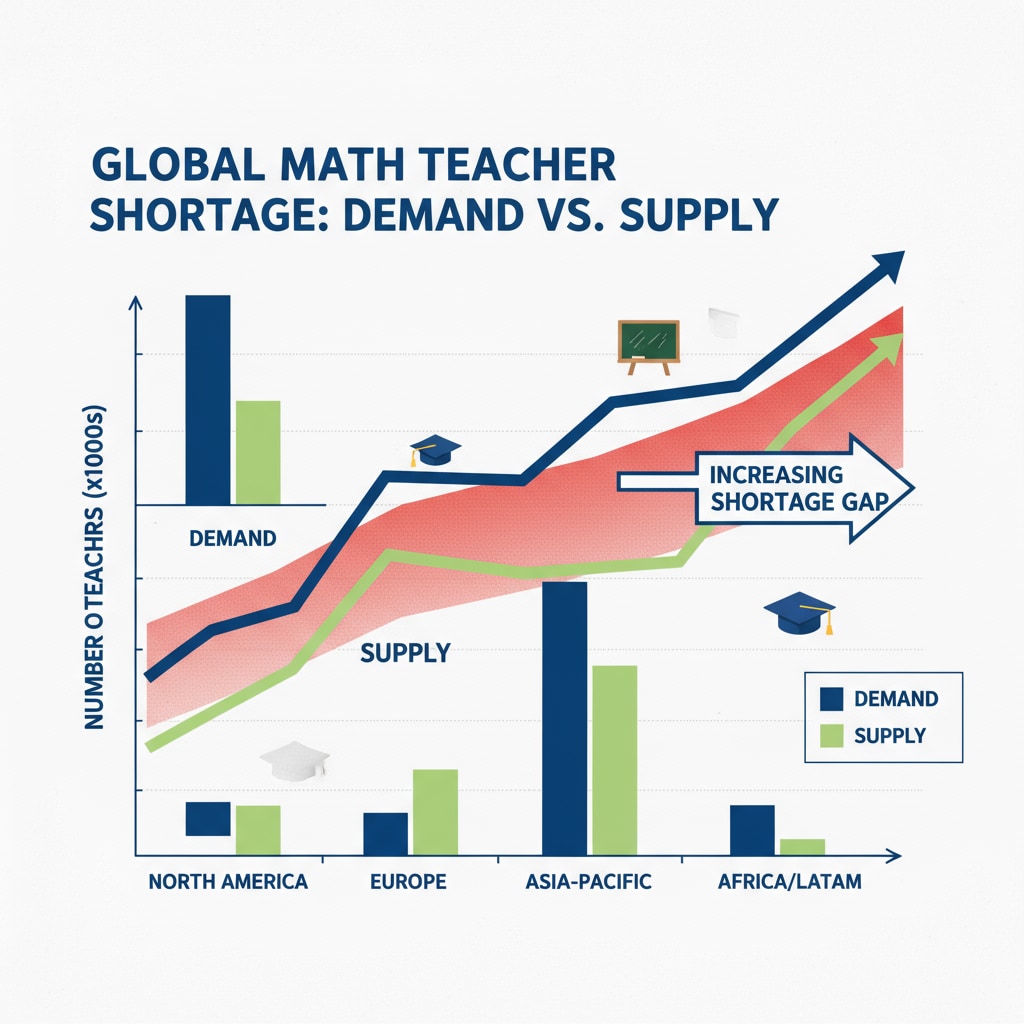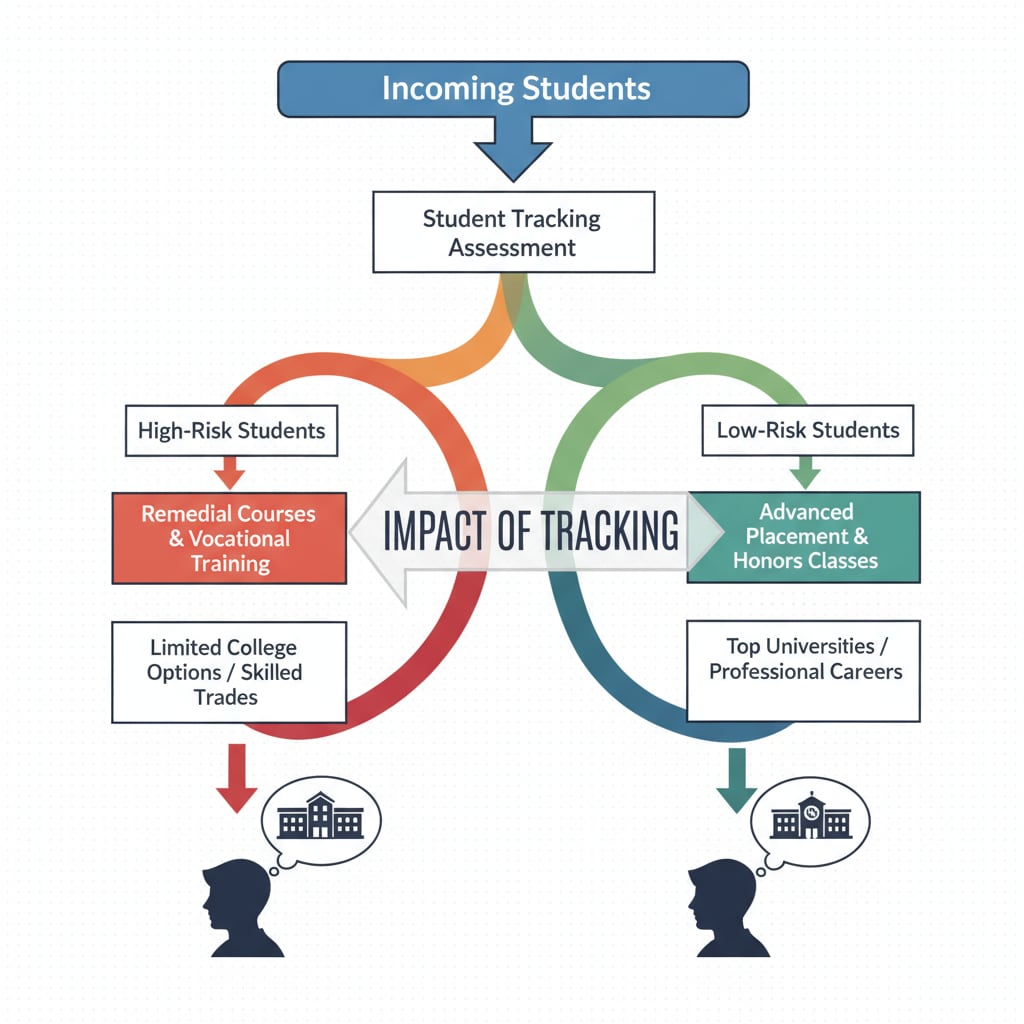In the realm of education, the issues of teacher shortages, student tracking, and mathematics education are intertwined in complex ways. As schools strive to provide quality education, understanding these relationships is crucial for developing effective strategies.
The Current State of Teacher Shortages
Teacher shortages have become a pressing concern in many educational systems globally. The demand for qualified teachers continues to rise, while the supply struggles to keep up. This shortage affects various subjects, including mathematics. According to the National Center for Education Statistics, there is a significant gap between the number of math teachers needed and the number available in many regions. This shortage can lead to larger class sizes, less individualized attention for students, and a potential decline in the quality of education.

The Impact of Student Tracking
Student tracking, which divides students into different groups based on their academic performance or potential, also plays a role in this equation. High-risk students, often those with lower academic achievement or special needs, are sometimes separated from their peers. This practice can have negative consequences for these students’ educational experiences. For example, they may receive less challenging instruction, which can limit their learning potential. Moreover, it can create a stigma that affects their self-esteem. As per research from the American Federation of Teachers, tracking systems can perpetuate educational inequalities.

Furthermore, student tracking can impact teacher shortages. When high-risk students are grouped together, it often requires more specialized teaching resources and support. Teachers who are trained to handle these students are in high demand, exacerbating the overall teacher shortage. In addition, the perception that teaching high-risk students is more challenging can discourage some educators from entering or remaining in this field.
In conclusion, the relationship between teacher shortages, student tracking, and mathematics education is complex. Reforming the student tracking system could potentially be a step towards alleviating the teacher shortage crisis. By providing more inclusive educational environments, we can not only improve the learning experiences of high-risk students but also make the teaching profession more attractive and sustainable. This would ultimately benefit the entire education system and ensure a better future for students in mathematics and other subjects.
Readability guidance: The key points are presented in short paragraphs and lists for easy comprehension. Each H2 section has a list-like structure to organize information. The proportion of passive voice and long sentences is controlled, and transition words are used throughout the text to enhance flow.


